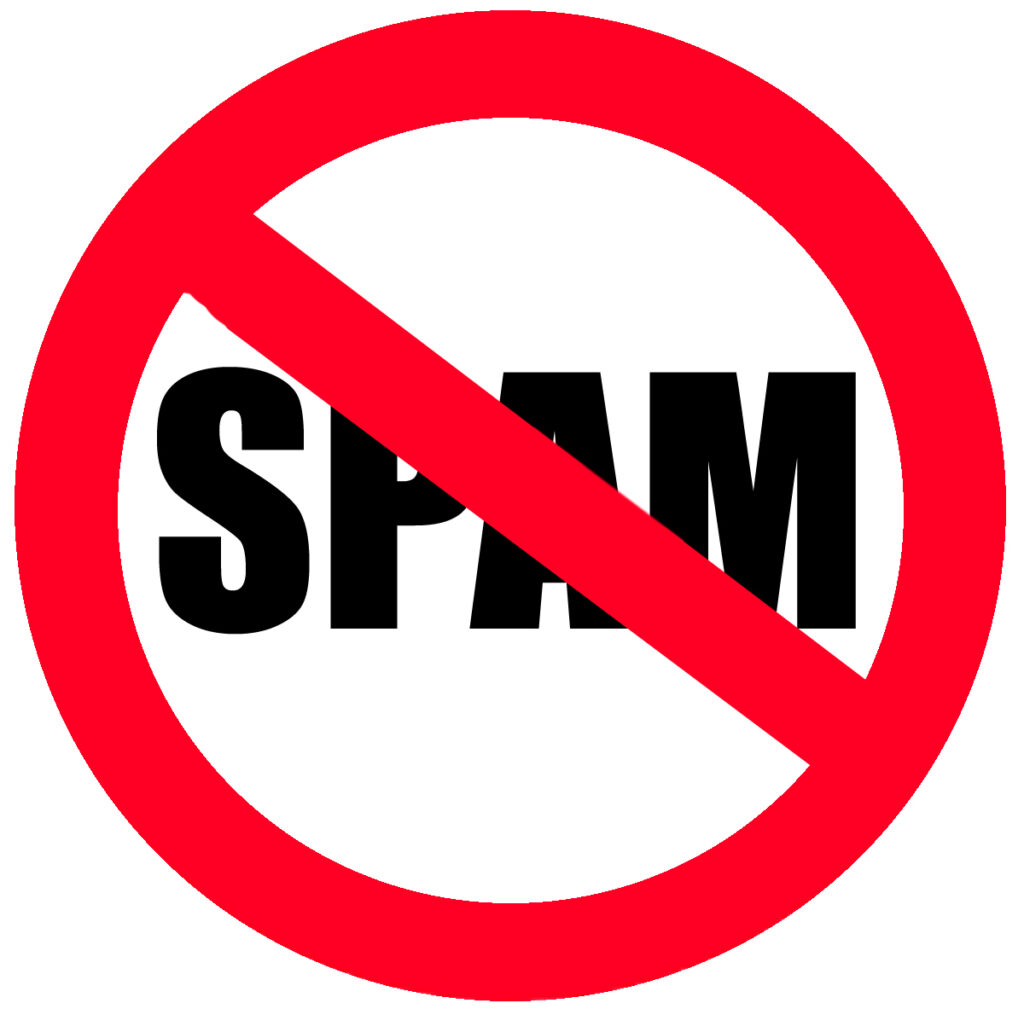 We’ve all received them: unsolicited messages about cheap prescription drugs, dating sites or business opportunities involving mysterious foreign nationals and the transfer of millions of dollars.
We’ve all received them: unsolicited messages about cheap prescription drugs, dating sites or business opportunities involving mysterious foreign nationals and the transfer of millions of dollars.
But although it’s easy enough to hit “delete” on that spam email, each of these messages actually forms part of a major industry brewing under the surface. To shed some light onto the world of spam, this article will explore a few common misconceptions.
1. All spam is a scam or will give you viruses or malware
We’re told never to click a link in a suspicious email message because it can infect your system with viruses, steal your money or identify or both. And although this is a very smart rule to follow, it isn’t always the case. Broadly speaking, spam is just advertising, and there are plenty of types that actually do deliver what they promise.
NPR’s Planet Money recently took a close look at one such spam industry in particular: black market pharmacies. Since they sell prescription drugs over the internet without a prescription the operation is illegal, but with many companies there’s nothing misleading about the purchasing process.
These online pharmacies, most of which are based in Russia, process your credit card information securely, ship your orders promptly (the packaging is a little less professional than Amazon) and even go so far as to employ customer service staff to ensure a smooth experience for the buyer!
The spam messages you receive in your inbox aren’t actually coming from the company itself. Instead, they’re sent by contractors who operate on commission for each sale they generate. These affiliates usually boast databases of millions of active email addresses either scraped from the web or acquired from a third-party.
The online pharmacies don’t manufacture the drugs either, as they are brought in from China or India. As explained in the NPR piece, rising healthcare costs in the United States are causing more and more people to turn to these companies to buy various medications on the black market. (We certainly don’t recommend the practice as it still carries serious risks.)
In contrast to these black market pharmacies that actually deliver the goods, a phishing scheme is a specific category of spam in which the sender pretends to be an trustworthy entity, such as your bank, IT service or a kind stranger in need, before swindling you in some way.
2. Spam doesn’t work; who would possibly click these links or be fooled?
Reading through the text of a typical spam offer, it can be easy to believe they can’t possibly be working. But the economies of spam dictate that the operation can be very profitable even with a miniscule conversion rate.
The way many spammers work is by building a “botnet” consisting of hijacked computers. This network of compromised machines, without the knowledge of the owners, then does the heavy lifting, often sending out hundreds of thousands of messages at a time. This also hides the identity of the real spammers and makes them harder to track.
Even if only 1 out of 5,000 people responds to a spam offer, the number becomes 100 when there are 500,000 recipients. And just think if you can send that volume of messages every hour of every day.
3. Okay, but spammers still aren’t very good at what they do; they can’t even write in proper English!
The writing style of many types of spam, especially phishing schemes such as the well-known Nigerian prince scams, is often awkward and full of grammatical errors.
But this broken English is often a carefully calculated decision and actually makes the scheme more successful in the long run.
In an interview with On the Media’s Brooke Gladstone, professor Daniel Simons explained that these scammers “need to filter out people who aren’t gullible enough.” If the offer looked too convincing, they would get flooded with more replies than they could handle, and these people probably wouldn’t end up sending any money or sharing their private information. This way, though, there is a high probability that if someone replies to the first message, they’ll stay invested and see the “deal” through.
A Quora user, reporting on a story that originally appeared in Wired, added a second reason:
“Their strategy is to play into people’s superstitions of how the world works and provide specific details to intrigue the imagination. The awkward formal English, in particular, fits how a lot of people think an upper class African might talk whose family dates from the colonial era.”
Have you encountered these types of spam? And what (if anything) have you done about it?
photo credit: mzacha




Leave a Reply